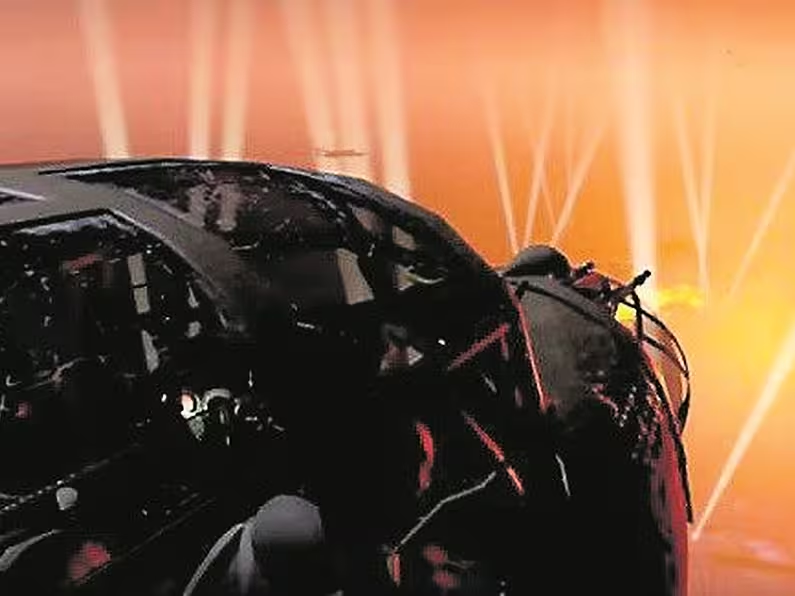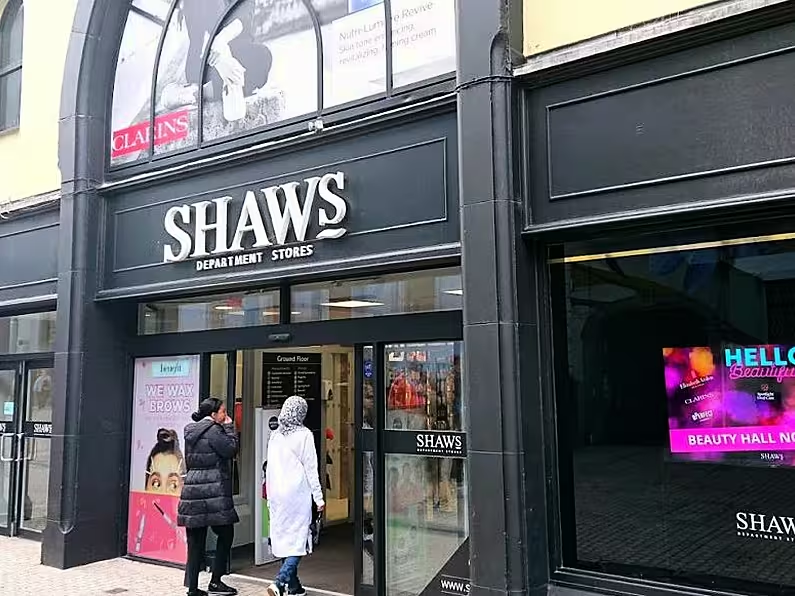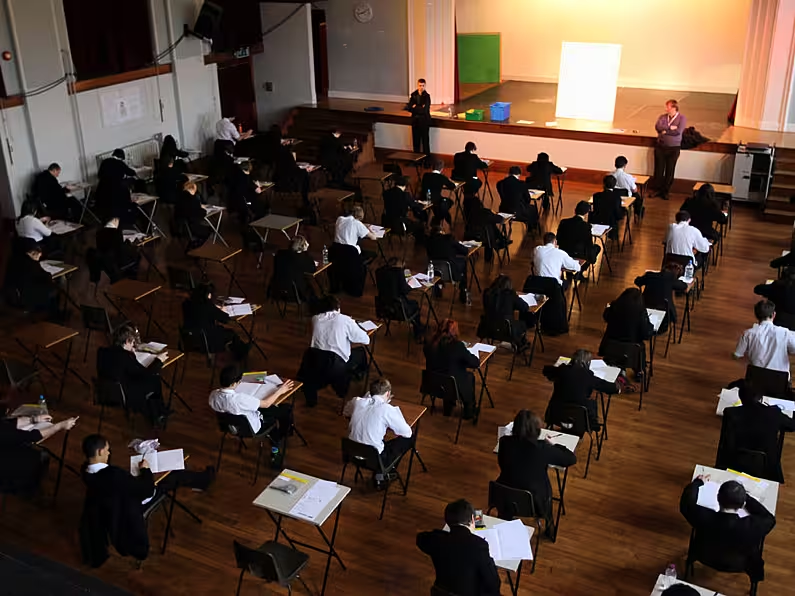The 14 minute film is to be shown at the 65th Venice International Film Festival later this month.
Immersive VR Education, which raised £6 million when it floated on the Dublin and London stock exchanges earlier this year, develops VR content that is typically used in schools, colleges, universities, research centres and corporate training.
It teamed up with BBC Northern Ireland and the broadcaster’s central VR Hub for the new film, which has been made to commemorate the 100th anniversary to the Royal Air Force (RAF).
“1943: Berlin Blitz” lets viewers step into the shoes of BBC war correspondent Wynford Vaughan-Thomas, and retrace his journey on a genuine bombing raid at the height of the Second World War. The film takes the viewer into the belly of a Lancaster bomber high over Berlin, as anti-aircraft shells burst all around.
Immersive VR Education used archive footage of the original radio broadcast of the correspondent’s report that went out over the airwaves on September 4th 1943, just a few hours after the Lancaster Bomber plane landed back at RAF Langar in Nottinghamshire.
“To create the experience, the team gathered hundreds of photographs of Lancaster bombers and all of the original mission data in order to recreate the historic event. We pretty much recreated the mission with everything being historically accurate, right down to the smouldering Berlin landscape below,” said co-founder David Whelan.
Mr Whelan established the company with his wife Sandra in 2014. Immersive VR Education, which has a market capitalisation of £37 million, employs 34 people. Other partners include Oxford University and the Royal College of Surgeons in Ireland.
Pre-IPO, the company had successfully raised €1.3m from a number of private investors, including Suir Valley Ventures, Kernel Capital Venture Funds and Enterprise Ireland.
This article by Charlie Taylor first appeared in The Irish Times













